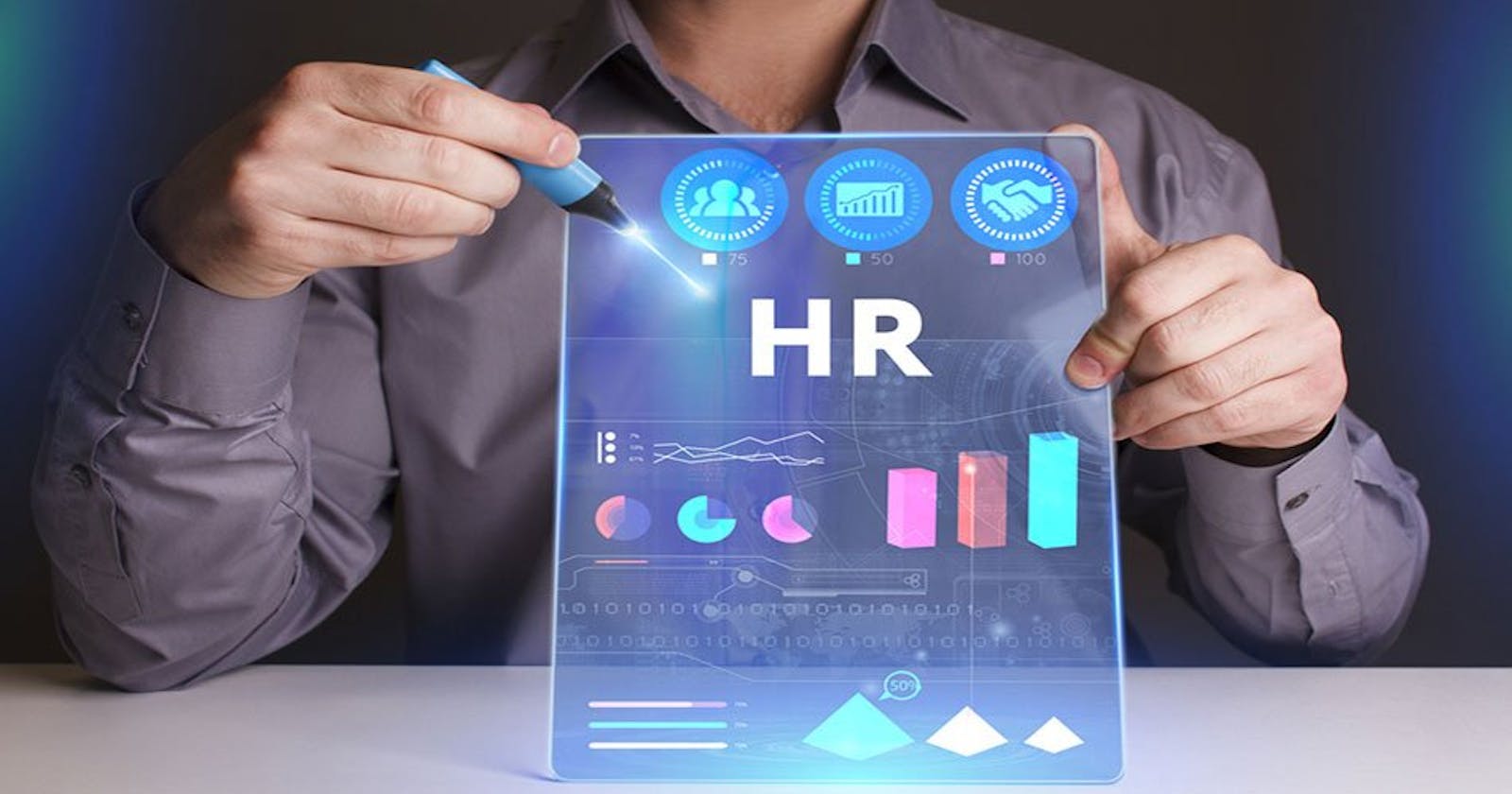Artificial intelligence (AI) and machine learning (ML) have become increasingly prevalent in the world of HR in recent years, offering the potential to automate routine tasks, improve data analysis, and enhance decision-making capabilities. In this article, we will examine the various ways in which these technologies are being utilized in HR and discuss the potential benefits and challenges they present.
One of the primary uses of AI and ML in HR is the automation of tasks such as resume screening, employee onboarding, and performance evaluations. By using machine learning algorithms, HR professionals can quickly and accurately process large volumes of data and identify the best candidates or employees for a particular role. This not only saves time and effort for HR professionals, but it can also help to reduce bias in the hiring process and improve overall organizational efficiency.
In addition to automating tasks, AI and ML can also be used to improve data analysis in HR. By analyzing data from employee surveys, performance evaluations, and other sources, HR professionals can gain insights into employee sentiment, identify trends and patterns, and make more informed decisions about employee development and engagement.
AI and ML can also enhance the decision-making capabilities of HR professionals by utilizing predictive analytics and natural language processing. For example, machine learning can be used to identify employees with the potential for promotion to leadership positions or to develop custom development plans based on individual strengths and weaknesses.
HR software solutions that incorporate AI and ML
There are several HRMS software solutions that incorporate AI and ML to automate tasks and improve decision-making, including Workday HCM, BambooHR, Zenefits, and ADP Workforce Now. These solutions can offer numerous benefits to HR professionals and organizations, but it is important to consider the potential challenges as well.
What are the Challenges of AI and ML in HR Software Solutions?
Here are some potential challenges of using AI and ML in HR software solutions:
Ethical concerns
The use of AI and ML in HR can raise ethical concerns, such as the potential for bias in decision-making and the impact on employment opportunities for humans. It is important for HR professionals to carefully consider these issues and ensure that these technologies are being used ethically.
Integration with existing systems
Integrating AI and ML into existing HR systems can be a complex and time-consuming process, requiring significant resources and expertise.
Training and adoption
To fully leverage the benefits of AI and ML, HR professionals may need to receive training on how to use these technologies effectively. This can be a challenge, particularly if there is resistance to change within the organization.
Data privacy and security
The use of AI and ML often involves the processing of sensitive employee data, which can raise concerns about data privacy and security. It is important for HR professionals to ensure that appropriate measures are in place to protect this data.
Lack of transparency
Some AI and ML algorithms can be difficult to understand or explain, which can raise concerns about their fairness and transparency. It is important for HR professionals to ensure that these technologies are being used in a transparent and accountable manner.
Dependence on technology
Relying heavily on AI and ML can make an organization more dependent on technology, which can present risks in the event of technological failures or disruptions.

